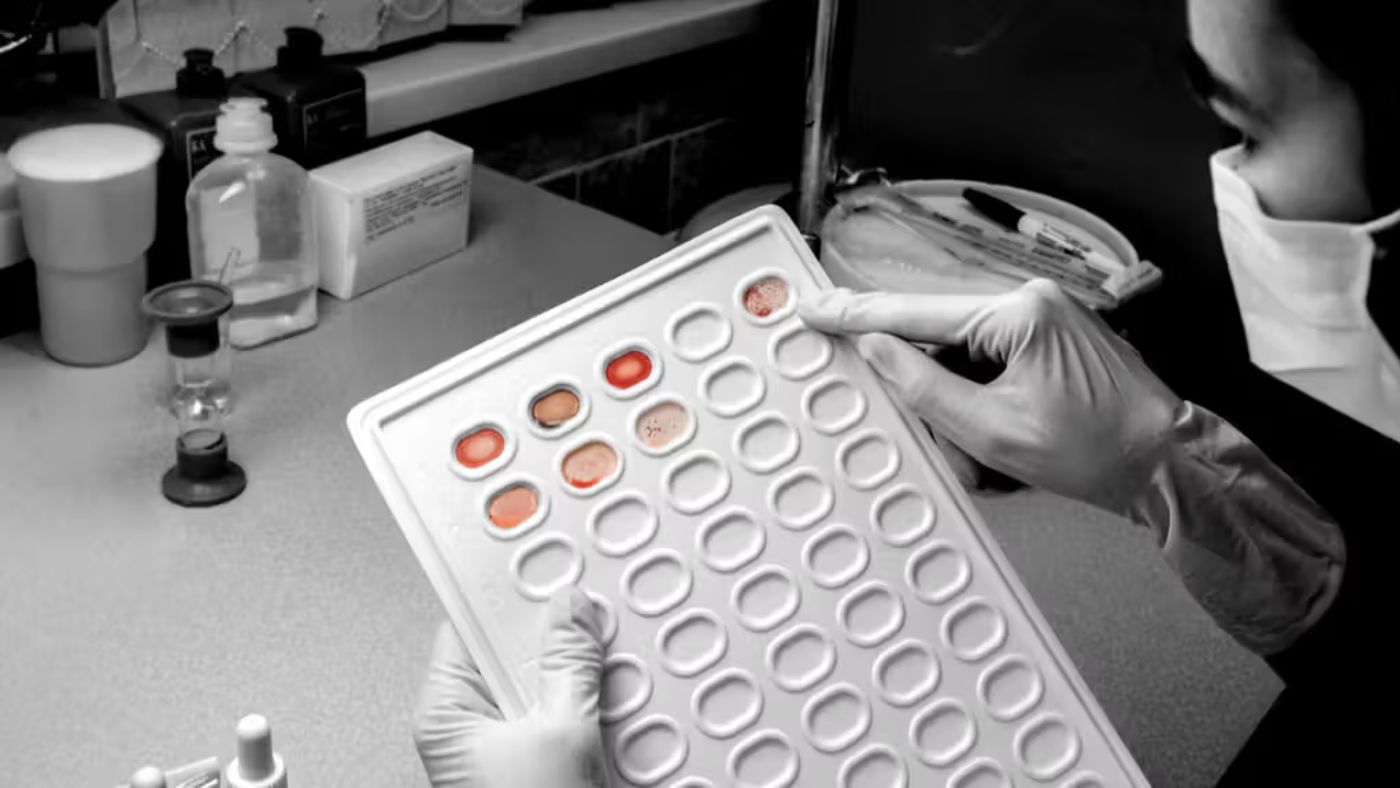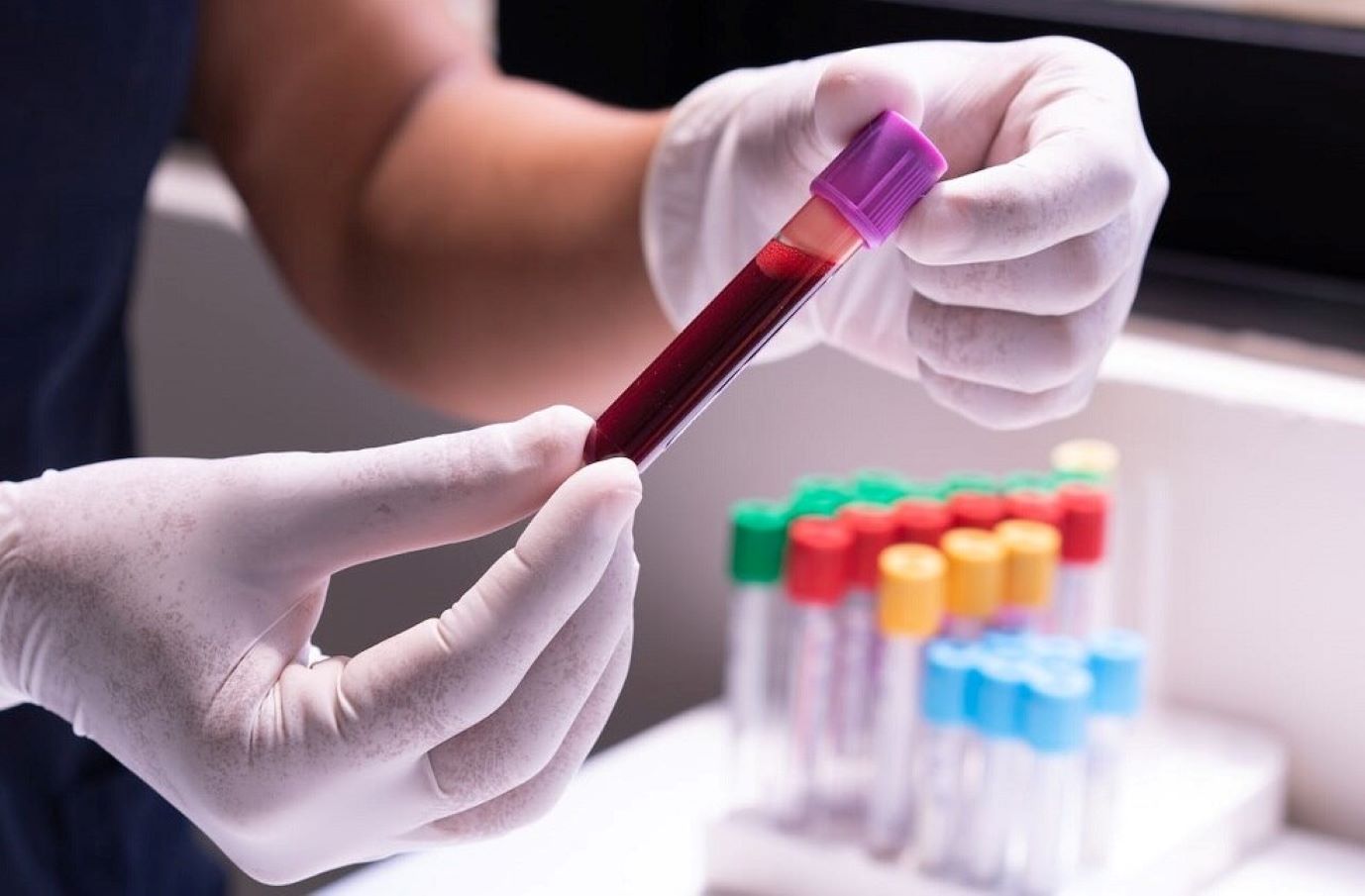Scientists have revealed a groundbreaking advancement: a straightforward test capable of identifying 18 types of early-stage cancers, potentially transforming medical diagnostics.
Cancer is a leading cause of death globally, but early detection significantly enhances treatment outcomes. Current screening methods, hindered by invasiveness, expense, and low accuracy for early-stage disease, necessitate improved alternatives.
Researchers in the United States have devised a test that scrutinizes proteins in blood samples, enabling the detection of 18 early-stage cancers spanning all major human organs.
While certain blood proteins are already used for early detection and monitoring, existing tests have been criticized for insufficient sensitivity—accuracy in detecting cancer—and specificity—accuracy in ruling out cancer, the researchers noted.
The team, affiliated with the U.S. biotechnology company Novelna, asserted that their test surpassed others reliant on tumor DNA in blood, boasting “much greater sensitivity” than the Galleri test currently under evaluation by the UK’s NHS.
By examining proteins in blood plasma, the scientists distinguished cancerous samples from healthy ones and achieved high accuracy in discerning between different cancer types. They also uncovered indications that cancer protein signals may exhibit sex-specific characteristics.
In an article published in BMJ Oncology, the team stated: “This discovery forms the basis for a multi-cancer screening test designed to detect 18 solid tumors originating from all major human organs at their earliest stages with high accuracy.”
They added: “This could potentially reshape screening protocols, making this plasma test a routine component of regular check-ups.”
“These findings pave the way for a cost-effective, highly accurate, multi-cancer screening test that can be implemented on a population-wide scale.”
The researchers collected blood plasma samples from 440 individuals diagnosed with 18 different cancers and from 44 healthy blood donors.
They subsequently identified proteins indicative of early-stage cancers and their specific origins in the body with “high accuracy.”

“At stage I (the earliest cancer stage) and with a specificity of 99%, our panels detected 93% of cancers in males and 84% in females,” the team reported.
“Our sex-specific localization panels, consisting of 150 proteins, accurately identified the tissue of origin for most cancers in over 80% of cases.”
Analysis of the plasma proteins revealed that nearly all were present at very low levels. This underscores the significance of low-level proteins in detecting pre-cancerous and early-stage diseases before a tumor can cause substantial harm, according to the researchers.
However, they cautioned that further studies involving larger participant groups are necessary due to their relatively small sample size.
Dr. Mangesh Thorat from the Centre for Cancer Prevention at the Wolfson Institute of Preventive Medicine, who was not involved in the study, acknowledged lingering uncertainties about the test and emphasized the need for additional research.
“Nevertheless, the assay’s notably heightened sensitivity for stage I cancers compared to similar assays in development, as well as its gender-specific performance differences, which hold biological and clinical relevance,” he noted.
“If future well-designed sequential studies confirm the assay’s performance is close to what this preliminary study suggests, it could truly be a gamechanger.”
Professor Paul Pharoah, an expert in cancer epidemiology at Cedars-Sinai Medical Center who also was not involved in the study, welcomed the findings but advised cautious optimism.
“Simple blood tests that can detect a wide range of cancers at early stages (high sensitivity) without generating false positives (high specificity) represent a holy grail for early detection,” he remarked.
“This paper presents initial results in developing such a test. While the results are promising, it’s premature to conclude that this test will prove beneficial for early cancer detection.”
The headline and content of this article were revised on January 10, 2024, to eliminate references to the test being a ‘DNA test’; as clarified in other sections, it analyzes proteins in the blood.
